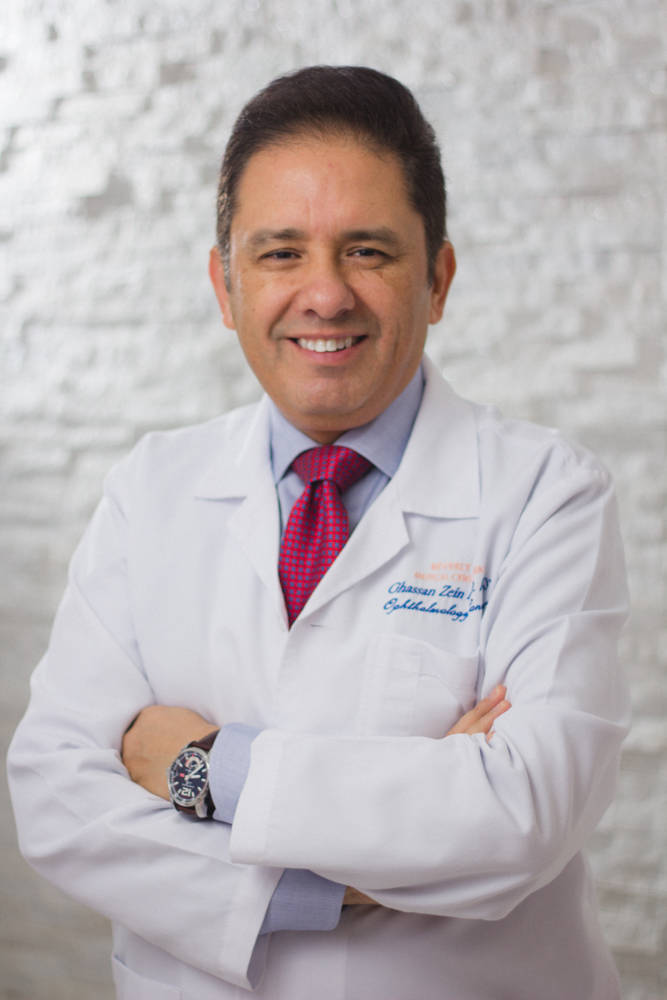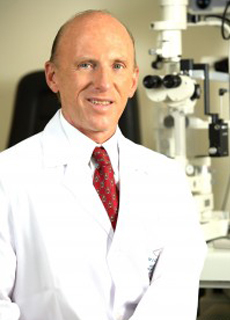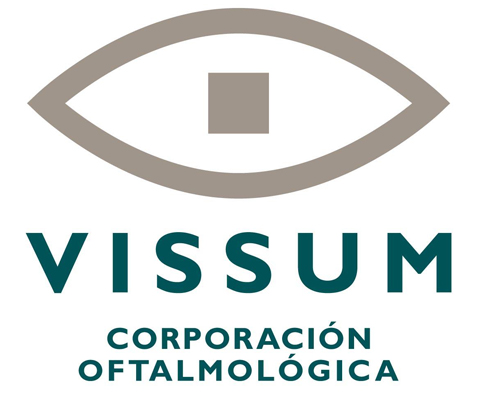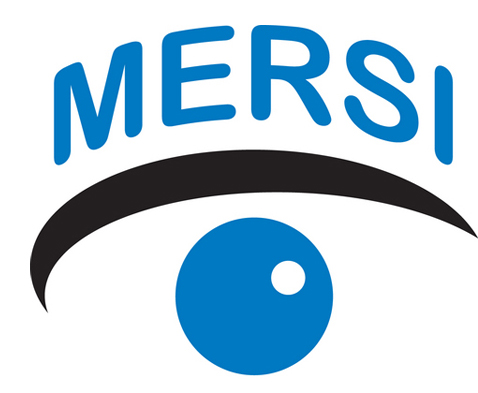REQUEST AN APPOINTMENT
TESTIMONIALS
Cataract Surgery
Beverly Hills Kuwait offers an easy-to-access and unique location that is attached to the world-famous Symphony Style Hotel Kuwait. We have renowned doctors fly in from all over the world, including chiefs of different established departments, professors from top schools and programs around the world, and Harvard-trained experts. Our huge center, which takes up two entire floors of the Symphony Style Hotel Kuwait building, offers VIP doctors, outstanding patient service, EMR, and the absolutely latest technology. Our center has attracted patients from around the world, and there is nothing else like it in the entire gulf.
What is a Cataract?
A cataract is an eye disease in which the normally clear lens of the eye becomes cloudy or opaque, causing decreased vision. The cloudiness may just be a spot on the lens, it may be in the shape of a star, or it may cover the whole lens. The type of cataract varies, but the symptoms are typically the same; cloudy, foggy, and overall decreased vision.
The lens is important for focusing light onto the back of the eye, so that images appear clear and without distortion. The clouding of this lens during cataract formation distorts our vision. Cataracts are usually a very gradual process of normal aging, but can occasionally develop rapidly. They commonly affect both eyes, but it is common for a cataract in one eye to advance at a faster pace. Unfortunately, this frustrating condition is fairly common, affecting roughly 60% of people over the age of 60.

Types of Cataracts
There are four different types of cataracts.
- Age cataracts: usually coming later in a persons life, and are solely a result of aging eyes. Age cataracts don’t happen to everyone but are extremely common.
- Congenital cataracts: are mostly found in babies or small children as a result of injury or infection.
- Secondary cataracts: can be a result of diabetes, certain drugs, or radiation.
- Traumatic cataracts: usually form after a major injury to the eye.
Cataract Symptoms & Diagnosis
While a visual medical examination is necessary to determine if you are suffering from the eye disease, here are some of the main symptoms that occur:
- Frequent changes in prescription of glasses
- Blurred vision sensation that increases with time
- Glare in environments with intense lighting
- Attenuation in brightness and coloring of objects
In order to diagnose a cataract, our team will perform a comprehensive eye exam, which includes a visual acuity test, a dilated eye exam, and a tonometry. These tests will allow us to test your vision at different distances, examine your retina, and measure the pressure inside your eye.
Early cataract signs and symptoms can be treated with new eyeglasses, magnifying lenses, and brighter lighting. For more advanced cases, surgery is an option. During cataract surgery, our team will remove your old, cloudy, stiff lens and replace it with a synthetic lens. If you have cataracts in both eyes, the surgery is performed a couple of weeks apart. If you have any other eye conditions in addition to cataracts, be sure to ask our experienced staff about the benefits, options, and expected results of cataract surgery.
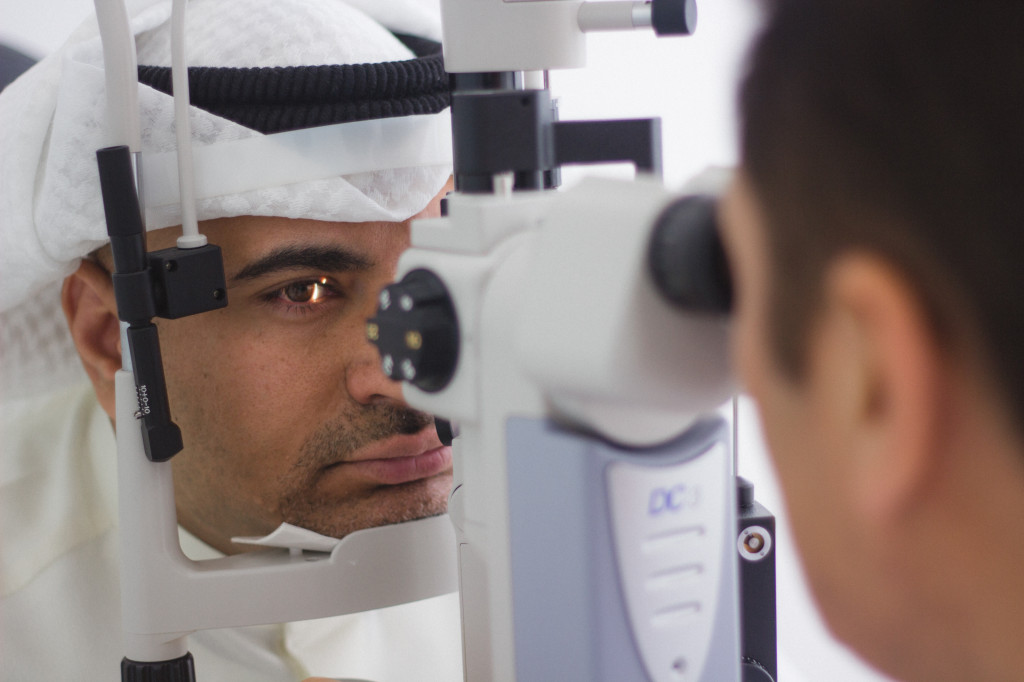
Cataract Surgery
There are, thankfully, ways to treat the condition. Cataract surgery has become a routine surgery and the procedure itself typically takes less than 20 minutes. During cataract surgery the ophthalmologist will remove the lens of your eye and replace it with an artificial lens. Cataract surgery is performed by an eye surgeon (ophthalmologist) on an outpatient basis, and it is a very common and safe treatment option. At BHMC, our specialists take a minimally invasive approach and use multifocal and accommodative lenses to correct the problem.
Minimally Invasive Cataract Surgery (MICS)
For this unique and safe procedure, the cataract is removed through a minimal (1.5mm in thickness) incision. This means that most patients recover the vision immediately after surgery. Because of the minimal incisions used in this procedure, it is considered to be a safer operation than the standard surgery. It produces less damage to the eye affected by cataract and reduces the risk and complications that might arise. In addition, MICS has lead to the appearance of a new generation of intraocular lenses, which can be introduced in the eye through the small 1.5mm incision.
Multifocal and Accommodative Lenses
The inclusion of these new multifocal and accommodative lenses for mini-incision surgery marks a great step forward. The new generation of intraocular lenses that we use at BHMC offers several notable advantages, including the possibility of helping patients with a wide range of refractive error, regardless of if the goal is to correct far or nearby vision.
Types of Lenses
When preparing for cataract surgery, our team will talk to you about your lens options since you will be receiving a lens implant. It is very important to be fully educated about your lens options to pick the best lens for your lifestyle.
Artificial lenses have many different types including monofocal, toric, and multifocal The main difference between the lenses is where you want your eye to focus. Most common are monofocal, usually set for long distance vision. These lenses do require you to wear reading glasses at times. Toric lenses can correct astigmatism as well as distance vision, however sometimes glasses are still required after the surgery. Multifocal lenses can help patients see near and far clearly because they have different areas of focus, but they are not for everyone. Multifocal lenses can also sometimes have a glare to them and do not correct astigmatism.
Unlike a standard lens, Crystalens will treat the cataract while also giving a clearer, more natural range of vision, therefore coming highly recommended by our team of experts.
Alternatives to Cataract Surgery
Unfortunately, there is no real alternative to cataract surgery. You can prolong the need for the surgery by taking certain steps, such as avoid driving at night, increasing your lighting, etc. However, once the cataract has progressed to a certain point, it is going to be difficult to see until the lens is replaced through cataract surgery. The cataract diminishes the ability of light to enter the eye and even with great lighting and great glasses there is no other cure for this condition.
Post Cataract Surgery
A typical cataract surgery typically lasts only about 20 minutes, but expect to be at the surgical center for 90 minutes or longer. The extra time is needed for preparation, a brief post-operative evaluation, and instructions about your cataract surgery recovery before you leave.
Cataract surgery is a quick out patient procedure with easy recovery. Done one eye at a time, there is usually a one-week interval in between surgeries. Patients undergo local anesthesia and sometimes intravenous sedation as well, however remain awake during the procedure because when you sleep your eyes roll back in your head and the ophthalmologist will not be able to gain access.
It is important to know that the patient will be expected to lie on their back for about 30-60 minutes. This is important for patients with any type of back pain or medical conditions. You should also arrange for a ride to and from the doctor’s office, since you will not be able to drive immediately after the surgery.
You will be prescribed medicated eye drops to use several times each day for a few weeks after cataract surgery. You must also wear your protective eye shield while sleeping or napping, for about a week after surgery. To protect your eyes from sunlight and other bright light as your eye recovers, you will also be given a special pair of post-operative sunglasses.
Your cataract surgeon may give you other instructions and recommendations for your cataract surgery recovery, as each surgery and patient is unique.
Cataract Surgery FAQs
Q: What are the symptoms of cataracts?
A: Blurry or foggy vision, colors appearing faded, poor night vision, halos appearing around lights, and sensitivity to bright lights can all be symptoms of a cataract.
Q: What causes cataracts?
A: Many things can cause a cataract to form, the most common being the natural aging process. Eye injuries, diabetes, glaucoma, and chronic use of corticosteroids can cause cataracts as well.
Q: Is there anything I could have done, or do, to prevent cataracts from forming?
A: No, cataracts are apart of the natural aging process although wearing sunglasses and eating a diet rich in antioxidants can help slow the process.
Q: Why do my cataract symptoms differ from someone else’s?
A: There are multiple types of cataracts, and even within the same type, there is a range of symptoms a person can experience.
Q: Is developing a cataract an inevitable part of aging?
A: Yes, most people develop cataracts later in life.
Q: Do certain diseases or conditions make a person more likely to develop cataracts?
A: Yes. Diabetes and glaucoma both predispose a person to developing cataracts.
Q: Is presbyopia related to cataracts?
A: No, presbyopia is not related to cataracts and is a different condition entirely. Presbyopia is age-related nearsighted and farsightedness that takes place in the cornea which is the outermost surface of the eye and sits on the iris (the colored part of the eye. Cataracts affect the lens of the eye which is what filters light inside the eye, the lens sits directly behind the pupil/iris. A standard monofocal lens replacement will simply replace the lens, however, with Crystalens you can treat both presbyopia and cataracts at the same time.
Q: Can cataracts spread from one eye to the other?
A: No, but a person can develop cataracts in both eyes.
Q: Can I go blind from cataracts?
A: If left untreated cataracts will eventually cause blindness.
Dr. Zein uses the trifocal/three focal lense which is one of the most advances lenses today, check out Zeiss Trifocal for more information.
Contact BHMC Kuwait Today
If you are considering cataract surgery, schedule a consultation with Beverly Hills Kuwait today by calling +(965)-222-89999.
Next, learn about retinal diseases and surgery.
